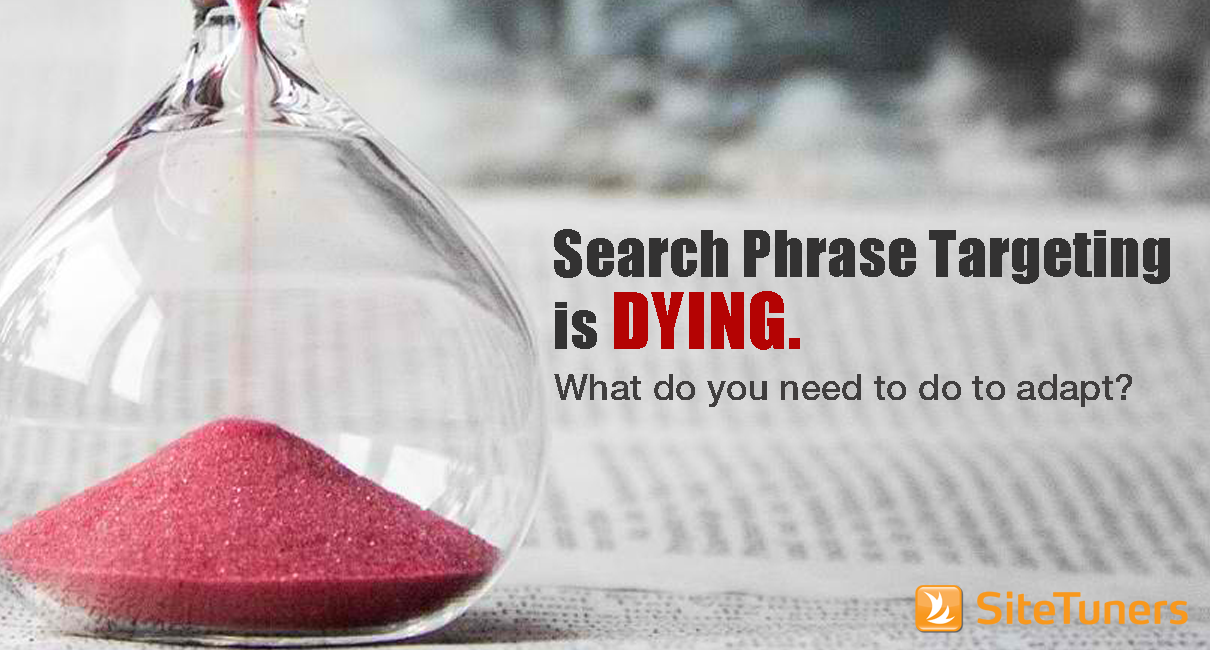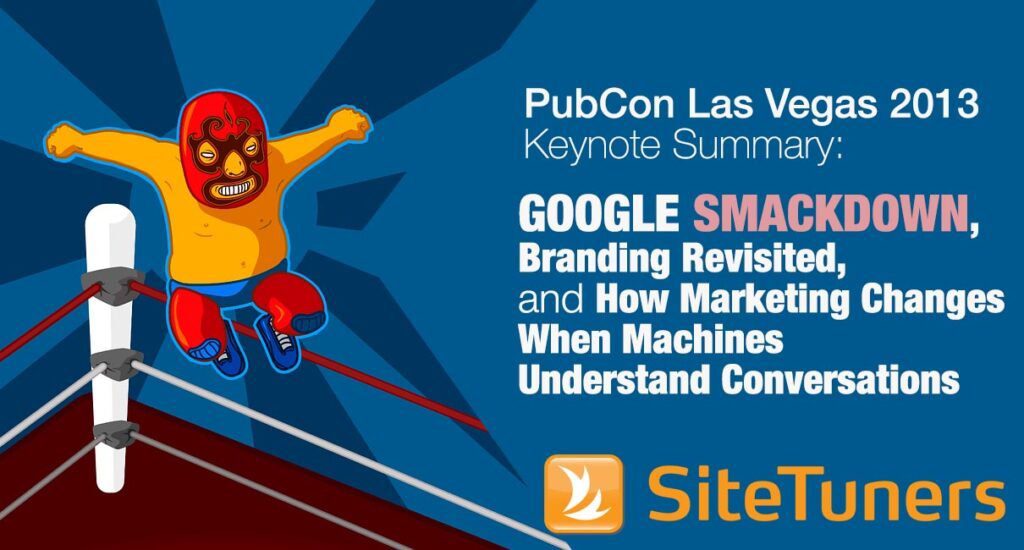
Let’s clarify that a little bit – the SEOs who are building communities and answering questions in the best possible way, the ones who go out of their way to create a good user experience around a topic (coincidentally, those also sound like really good conversion professionals, or good usability experts) – those SEOs are fine, and doing better than ever.
But this past 5 to 6 years have not been kind to the other type.
Thin Content – The Trouble with Mahalo, About.com, and Algorithm-Chasers
The ones who have run into a bit of trouble are the ones who tended to try and get ahead of the algorithm – let’s call this group algorithm-chasers.
Algorithm-chasers are not doing too well in 2015.
Sites like eHow, About.com, Mahalo, no longer rule the search engine results, and that’s great, because can you remember your reaction to the last time you conducted a search and one of those sites were the top result? When was the last time you thought “oh, great, this is a site I’m going to get good answers from?”
Google’s Panda algorithm change targeting “thin content,” (it’s a bit of a wishy washy term itself, but we’ll work with what the market calls it) has been painful to SEOs who are fond of creating the bare minimum to rank well, and missing the point of adding to the conversation.
That SEO moved away from that is a great thing for almost everyone – whether the next set of changes are good becomes a lot more debatable.
Excessive Search Phrase Targeting – The Not Provided and Hummingbird Combo
We’ve talked about Google’s Not Provided change before. You can read that for the full set of things you can do from an intent standpoint now that Google is hiding what people typed in before they get to your site. But one of the core differences between then and now is this: keyword or search phrase cannibalization isn’t really a thing any more.
At least, not really.
It used to be that if you wanted to rank for and convert on both “anti-virus and anti-spyware software” and “software for anti-virus and anti-spyware,” going with two pages is a legitimate option, targeting the exact terms on your browser page title, matching the order on your H1 tag, and tracking the conversions on each page separately.
But now, Google has penalized this behavior on multiple fronts:
- Duplicate content is now penalized, so both pages would make the other weaker
- Not Provided is going to keep you from seeing exact phrase conversions
- Google’s Hummingbird change allows it to better recognize intent for detect synonyms and different word orders and clustering, so one page pays off better
Those three spell death for over-targeting. They do not, however, keep you from raising your search game – you just need to think about providing the best answers to a question, or the best idea to push a topic forward, instead of trying to get all your keyword variations to rank.
What does this entail?
Providing the Best Answers to the Right Questions
Your Google Webmaster Tools data about queries is still valuable – you just need to think about what the users are trying to find and build content around that, rather than what variations have the most keyword volume and where you can insert that onto existing pages. Google AdWords Keyword Planner is still in the mix – you just need to look at Buzzsumo as well to see what questions are being answered around that topic.
Going for more people coming in from search is changing from a game of keywords to a game of questions, answers, and intent.
- Voice of customer and other feedback tools can help you identify what people are looking for, in their own words, and that can help you identify topics to write content for
- Google Webmaster Tools provides you with 3 months worth of queries now, compared to just over a month’s worth of data before, so use that in conjunction with your other tools to identify topics your audience is interested in (supplement your data with this, don’t use only this data)
- Your own on site search terms can help you glean information about intent, so make sure you track on site search.
- Tools like Buzzsumo can be used to further explore what gets shared around a search phrase, and that can help you identify what people are trying to answer about a topic
Finding the right questions people are asking about in your space, and then answering that in the best way possible, is what you need to do in 2015, just as keyword targeting and page matching was what you needed in 2005.
If you’re still spending time reworking keyword variations rather than digging in and using your specialization to create the best answers to questions, it’s about time you got the memo.


